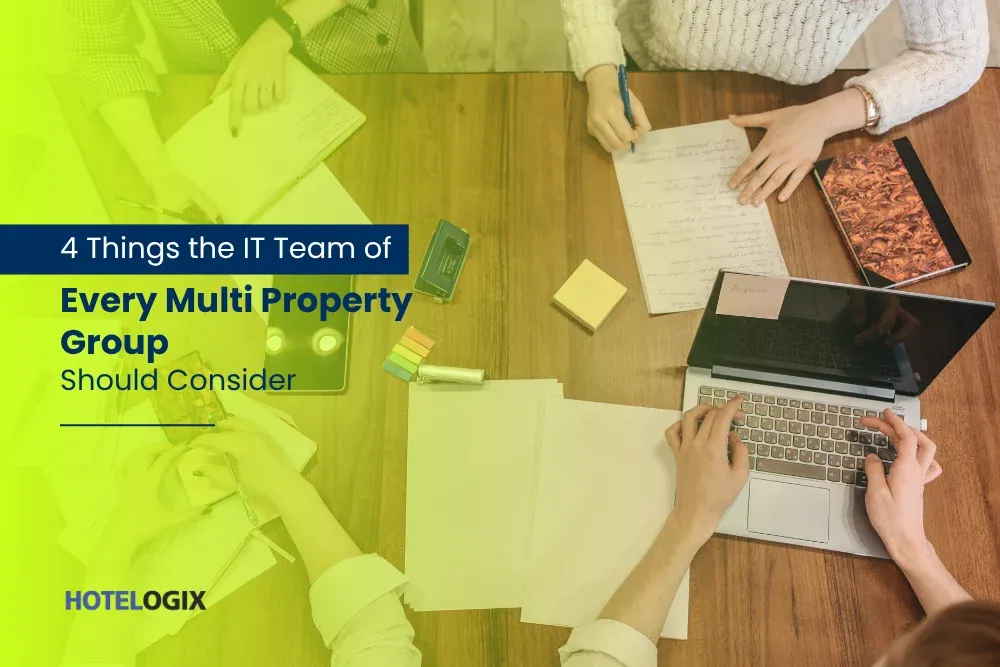Hoteliers across the globe are favoring to use property management system solutions for their properties. There are numerous options available in the market but a hotel needs to see what best caters to their property’s needs.
Different hotels have different needs and requirements based on their category, size and typology – are they a resort, business hotel, lodge, motel etc?
Hotel owners should have a clear understanding of what they need and fix on a PMS solution based on that. But despite the varied requirements of different properties, there are still some parameters that are the same for all the hotels.
For a hotel to filter out from all the options available to them and find their ideal system, they should definitely ask the following questions:
How flexible is the functionality of the system?
Hotels should confirm whether the PMS provides solutions to their specific needs as well as the general needs of all hotels. For example, if the hotel caters to a large MICE segment, are there modules available for banquet facilities, allocations and bookings.
The system should also be able to grow with the hotel. A hotel’s needs may change over times, they may expand more, offer new services, manage varied accounts, the system should be able to adapt to the growth of the hotel and be flexible to any changes that the property takes on. The cloud-based PMS should be versatile and relevant for hospitality businesses of all types and budgets.
Flexibility in terms of reporting is also a must. Many systems would have large dashboards that manage the various departments of the hotel and manage the daily requirements. The reporting facility of the PMS should help filter and sort out data that is specific to the hotel that is using it. So hoteliers should find out the extent to which customized reporting is possible.
Is the PMS seamless and does it integrate with third party technologies?
A hotel is made up of various departments and point of sales; all areas need to be seamlessly synced together so that hotel operations are optimized. An effective PMS should be able to assign and organize the various tasks of the different departments as well as upsell services at the hotel’s various points of sales which are directly posted to the front desk.
The PMS should also provide 2-way integration to support reservations with the current pricing and inventory. Reservations, modifications, cancellations, no shows, change in pricing should be synced in real time with the front desk.
What return on investment (ROI) can be expected and are all financial implications clearly listed?
It all comes down to the bottom line, is the investment in a hotel management system profitable? What are the financial implications and how what is the hotel’s ROI?
The first thing a hotel would need to know, is what the actual cost of the PMS would be, is it a onetime investment, a monthly fee, a flexible payment option etc? All the finer details and small print should be ironed out.
What is the opportunity cost? Will the new system reduce the amount of time currently being spent on managing front desk activities, including check-ins and check-outs, and on such time-consuming tasks as consolidating guest accounts and managing rates and availability across distribution channels? Will the projected revenue be attractive since costs may be reduced and the hotel would be able to attract more business since check ins and reporting would be more systematic?
The above mentioned questions should be the most crucial ones to be asked when looking at the right PMS for your property. Other queries can be based on the support offered, operational requirements, training required and so on. An effective PMS can be extremely beneficial to hotels productivity and profit, just ensure the hotel chooses the right fit for them.
—





